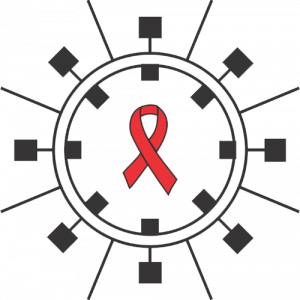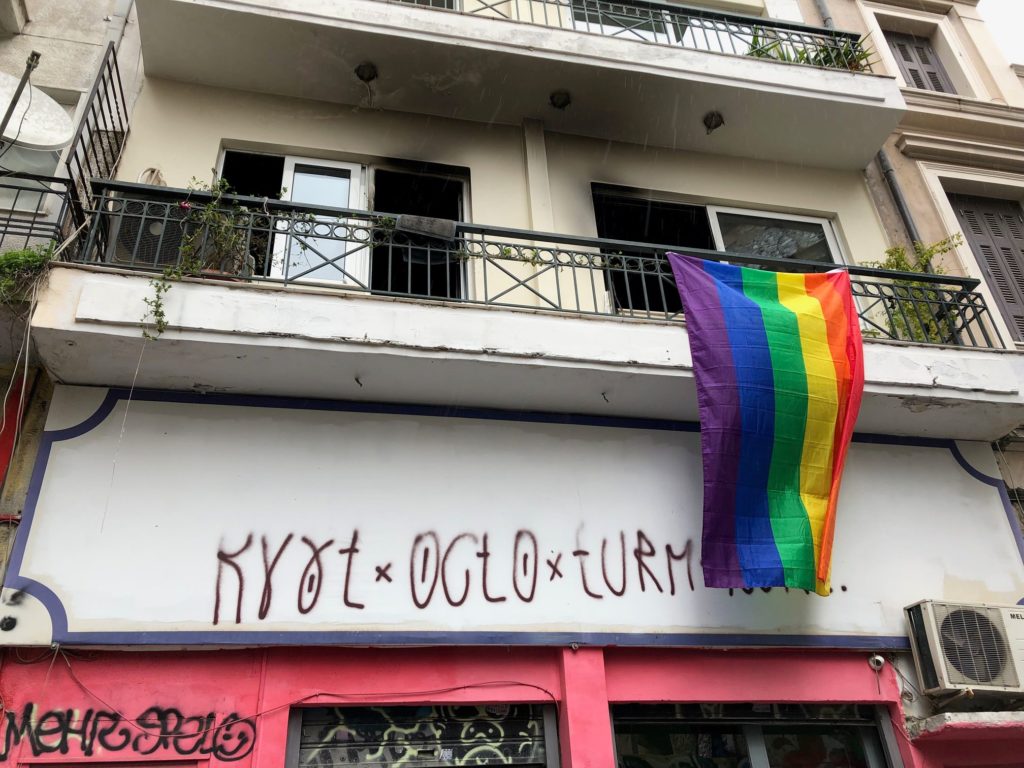 The Board of the Agency for Healthcare Quality and Accreditation in the Federation of Bosnia Herzegovina (AKAZ), at the meeting held on 29 April 2019, accredited the drop-in centres of the Association Margina in Tuzla and Zenica.
The Board of the Agency for Healthcare Quality and Accreditation in the Federation of Bosnia Herzegovina (AKAZ), at the meeting held on 29 April 2019, accredited the drop-in centres of the Association Margina in Tuzla and Zenica.
AKAZ performs a variety of services including standards for healthcare institutions, indicators for healthcare institutions, certification, accreditation, facilitation, clinical guidelines, education for healthcare professionals and support healthcare institutions in clinical revision. With Margina, they implemented a project Quality improvement for drop-in centres on back in 2014 whose objectives were:
- Development of tailor-made training
- Development of specialized standards
- Development of risk-based indicators
- Facilitation during accreditation preparation
- External assessment of the centres
- Granting accreditation status for 3 drop-in centres – in Tuzla, Zenica and Mostar
Margina benefited from the project gaining accreditation for the three drop-in centres in 2015 and became the first civil society organisation in South East Europe. The accreditation includes 13 standards and 89 criteria and 15 politics and procedures.

This accreditation status for NGO Margina expired on 23 November 2018 and they passed through the process of re-accreditation which was successfully completed. Margina is now accredited, now for the period of 4 years.
Congratulations!





